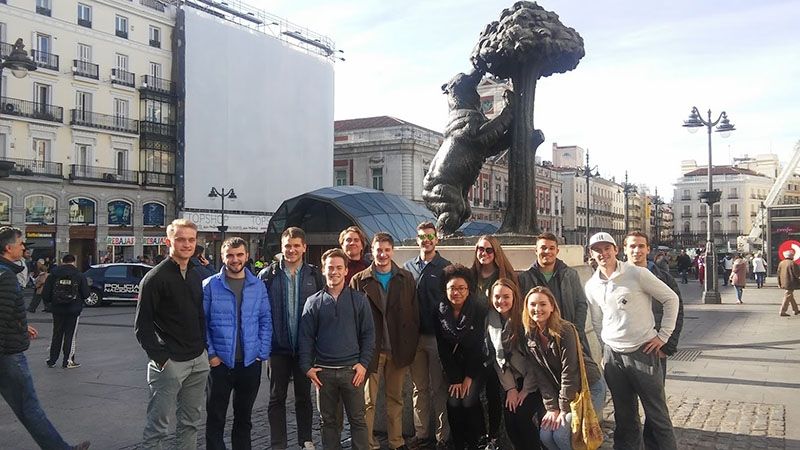Newsletter Spring 2017: Business, Economics and Culture

The semester started with very good news that AACSB Business and Accounting Accreditation has been issued to our host university Universidad Carlos III de Madrid (UC3M). They are only the fifth university in Spain to receive this very selective and prestigious recognition by the Association to Advance Collegiate Schools of Business.
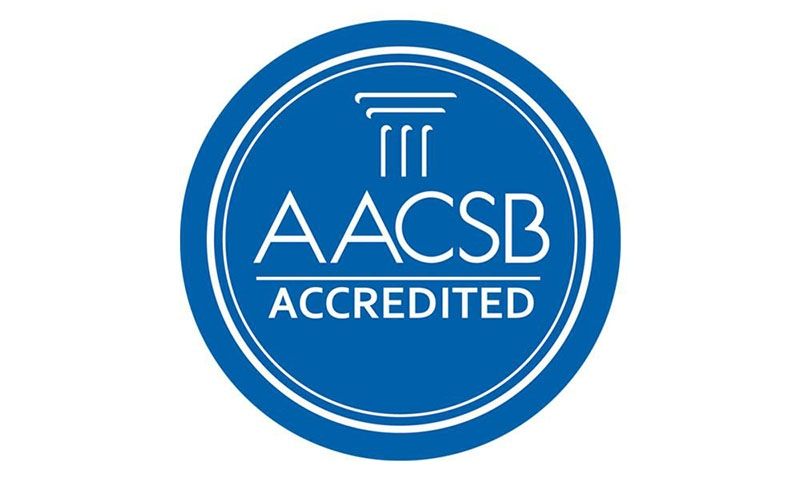
The AACSB Accreditation Standards challenge post-secondary educators to pursue excellence and continuous improvement throughout their business programs. AACSB Accreditation is known, worldwide, as the longest standing, most recognized form of specialized/professional accreditation an institution and its business programs can earn. The UC3M receive our business students each semester with an official welcome event on campus, that includes meeting local students at a breakfast, the deans, directors and professors and a health and safety review by a U.S. Embassy representative.
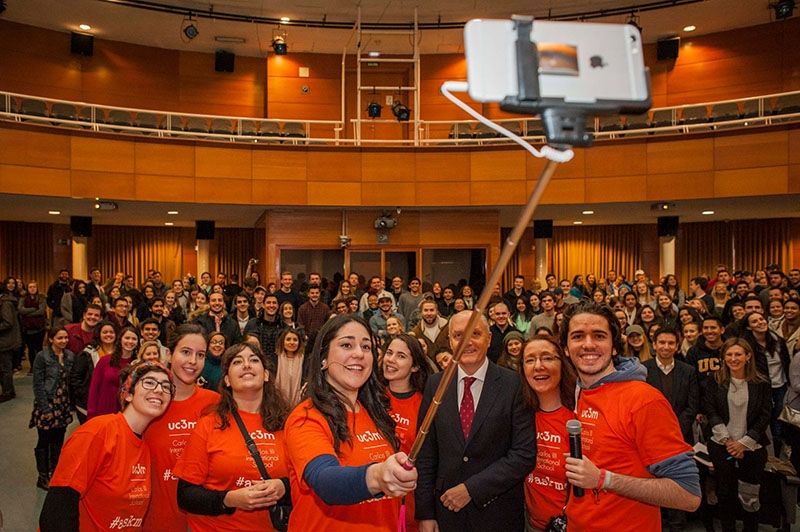
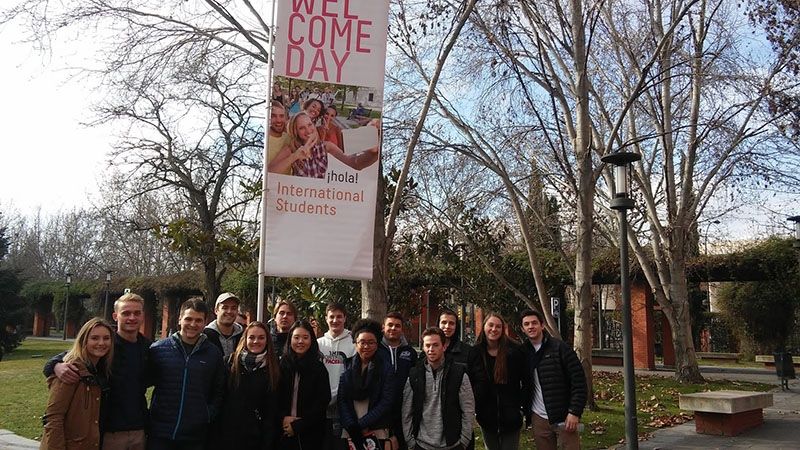
Students participated in a three-day overnight weekend excursion to Sevilla, in the south of Spain. Students traveled early on a Friday morning in a high-speed train with CIEE staff. The trip included a guided 2-hour biking tour of the old historic downtown on the first day.
On the second day, participants entered into the old Cathedral for a two-hour historic visit of Spain´s colonial past. On the last day, students went on a two-hour tour of the royal palace of the Alcazar where participants learned about the Arabic cultural heritage of Spain and saw the film set for Game of Thrones.
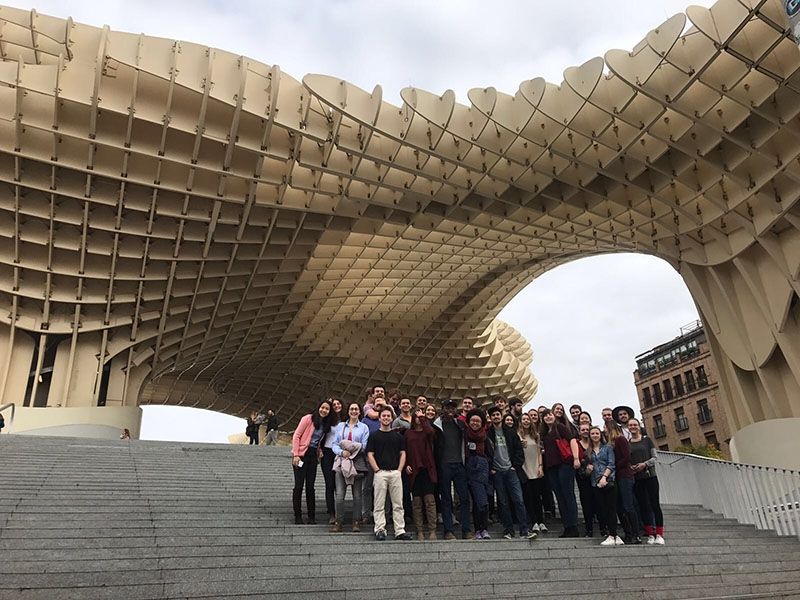
Day Trip to El Escorial
All students participated in a day trip outside of Madrid to the UNESCO world heritage site of El Escorial, the official pantheon of the Spanish monarchy and the symbol of Golden Age rule by King Philip II. Students walked through the El Escorial with a CIEE faculty member to have a critical overview of this historic site and to discuss how the Spanish identity process unfolds at El Escorial in different areas of business and politics—such as public opinion, inter-group conflict, and branding of tourist attractions.
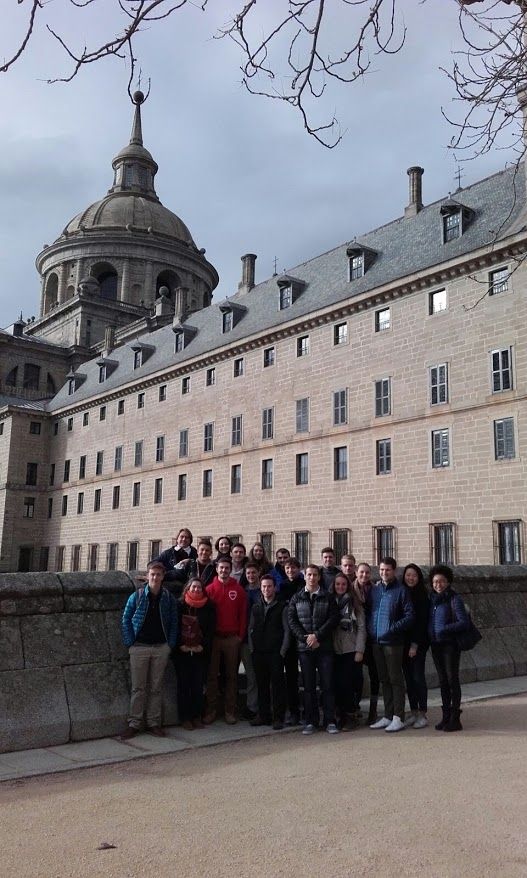
This semester there has been an increase in CIEE participant requests for shared apartments with Spanish students and fewer requests for Spanish homestays. This shared apartment option became available last fall and, currently, forty percent of CIEE students (mostly male students) are housed in shared student apartments. CIEE selects current or recently graduated business students who act as a roommate buddy in the apartment. The Spanish roommate welcomes students to the apartment and shows them around the neighborhood, the supermarket, try out chocolate con churros (see photo below) and introduces them to a local network of Spanish students. All participants cook their own meals and the Spanish roommates have reported back that everyone has been collaborative in setting up a cooking schedule so that all the roommates share a few dinners during the week and catch up with one another.
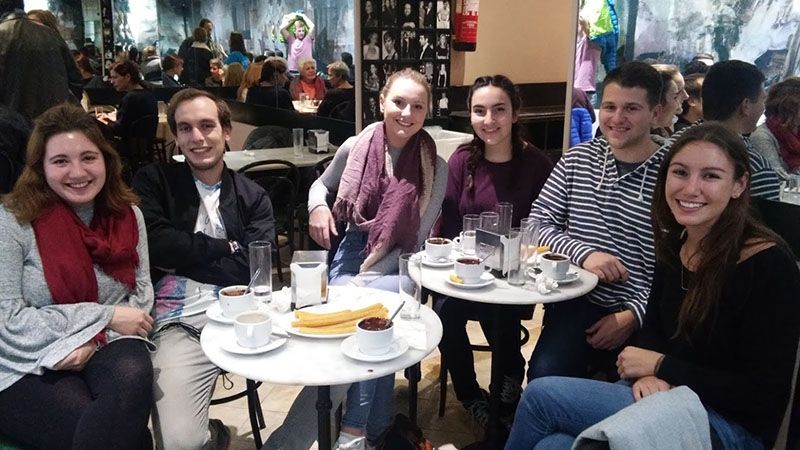
Food and Culture at a Local Cooking Class
Students explored Spanish food production and consumption of some typical culinary traditions such as Gazpacho, Spanish omelet and a sugary dessert called crema catalana. This two-hour guided class taught students to work together as a group and learn some simple recipes and the roots of Spanish traditions.
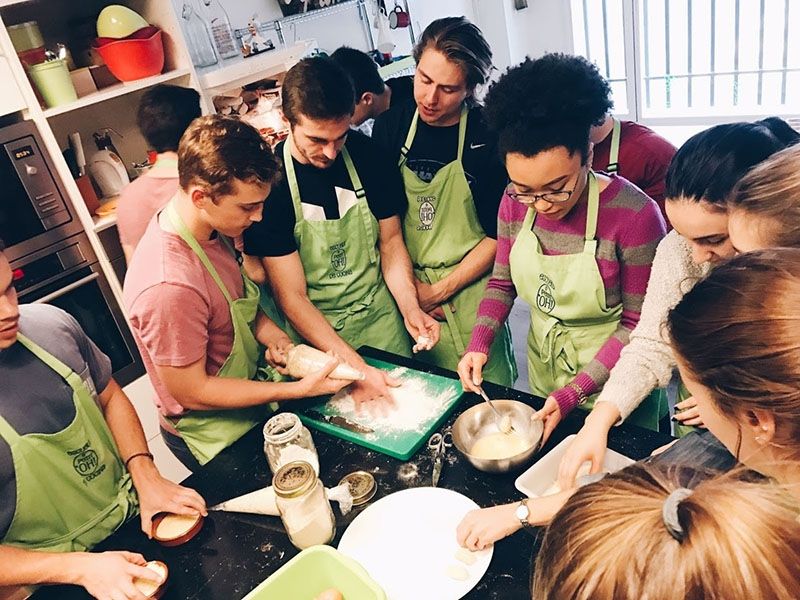
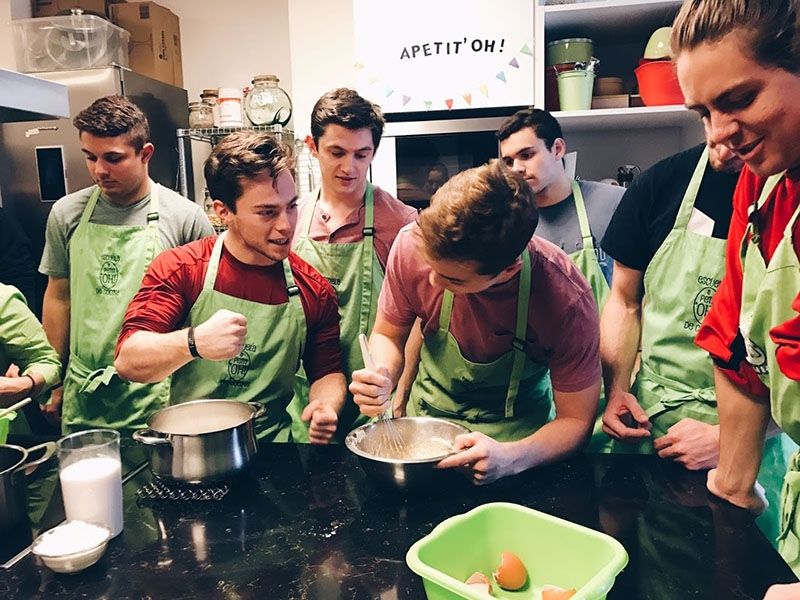
CIEE staff conducts monthly health and safety meetings to test the CIEE alert notification system and review all the health and safety procedures for Madrid, including a review of evacuation plans. During orientation, staff led a two-hour workshop on student risk with all participants by reviewing emergency contacts, warning about local risks/threats, discuss 24/7 availability of staff in case of need and discuss safety expectations. CIEE staff makes every effort to promote an atmosphere of collaborative support and shared example scenarios that happened to previous students. The most common incidents are typically pickpocketing, hospitalization or unexpected returns to the U.S. In addition, four CIEE staff co-led a two-hour session on Bystander Intervention in the local Madrid context to help students gain confidence in making safe decisions when faced with a difficult situation. Participants had to stand up, move around and discuss case studies with each other so that the sessions stayed interactive.
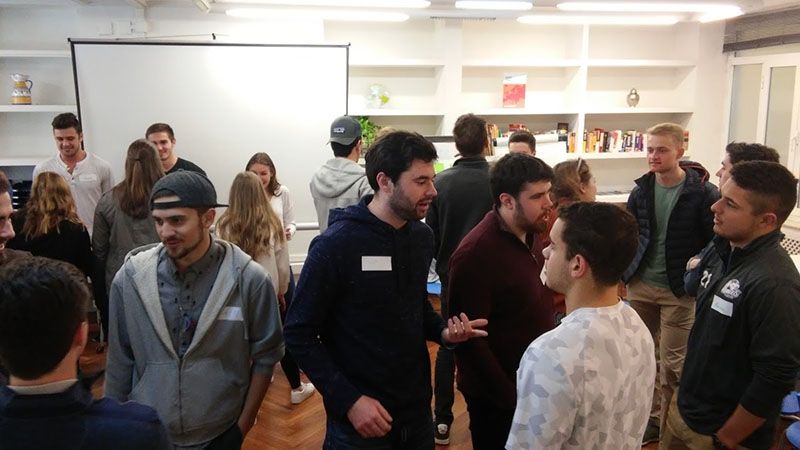
In addition, CIEE staff also conduct local walking tours to make students familiar with their surrounding downtown area and explain basic safety tips in crowded areas such as Puerta del Sol, the subway trains, outdoor terraces, etc. that are often the
location for pickpocketing.
